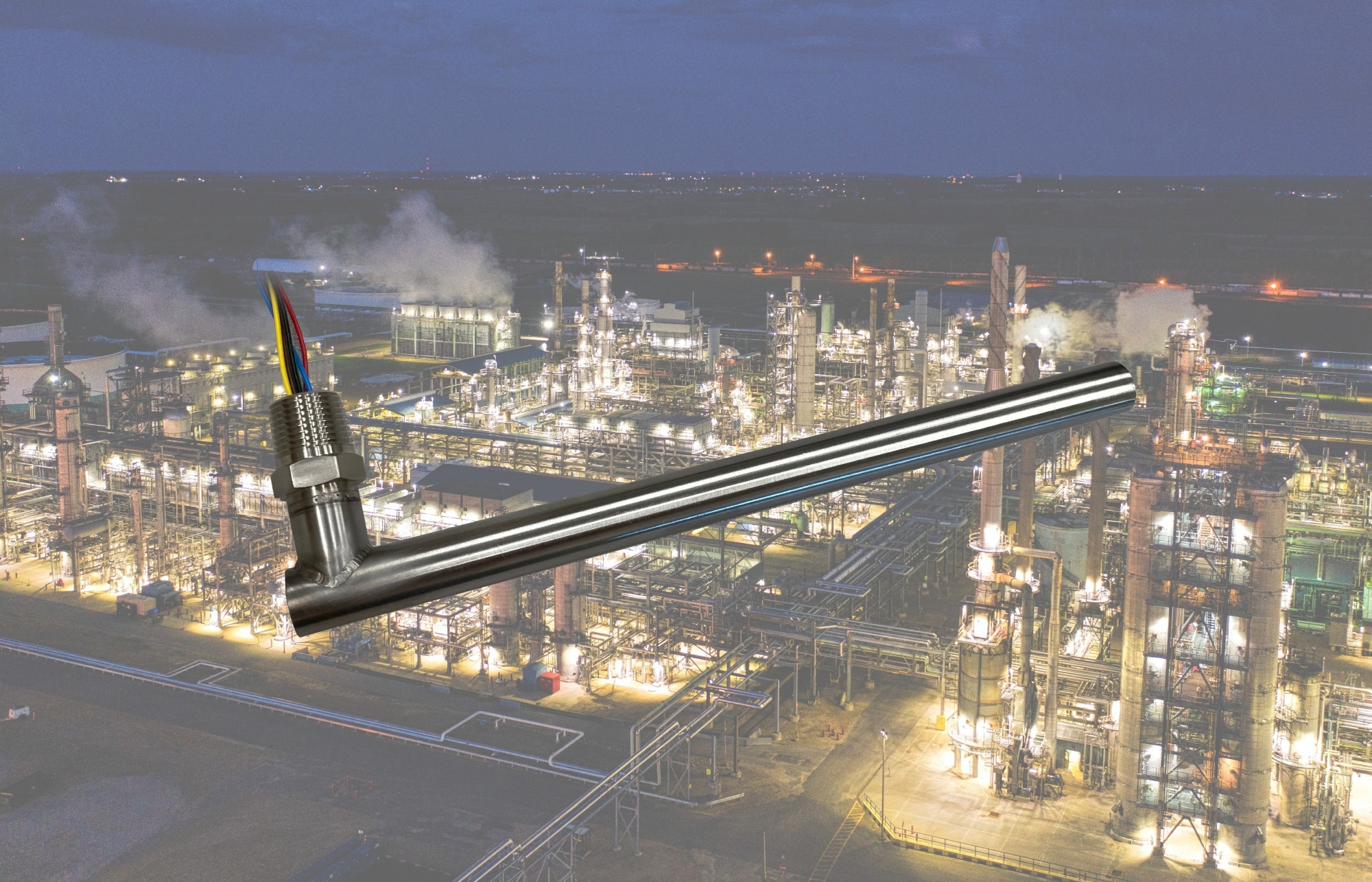Major chemical companies are using Hazardous Location Position Sensors from NewTek Sensor Solutions to monitor the state of different valves throughout their plants as part of process safety and efficiency management.

Image Credit: NewTek Sensor Solutions
Chemical plants using potentially explosive substances in their processes utilize different valves to control flow. Operators constantly monitor valve performance to determine if they are operating to specifications for optimal efficiencies. NewTek HL-750 series of Intrinsically Safe Position Sensors monitor valve position in the harsh and hazardous environments of chemical plants, providing highly accurate displacement feedback to determine if valves are properly opened/closed, leaking, or even failed.
Certified for use in Class 1, Zone 0, Zone 1, and Zone 2 locations, the AC-operated position sensors operate safely and accurately in hazardous locations with flammable or ignitable liquids and gases. The base and raw material chemicals manufactured by chemical plants can affect the performance of sensors not constructed for operation in harsh conditions. A stainless-steel construction and a ¾” hermetically seal make the HL-750 series of LVDTs robust to operate reliably in hazardous and explosive environments. The sensors also are Intertek approved and hold an ETL mark that certifies their use in hazardous locations throughout North America.
In an automated system, NewTek Hazardous Location Linear Position Sensors provide a digital output of valve position readable by monitors and control systems. With a real-time view of valve position, operators can make adjustments to tightly control flow rates.
With infinite mechanical life, excellent repeatability, and frictionless operation, NewTek HL-750 Series LVDTs offer long-term accuracy and reliability. Wide temperature operating ranges enable sensor use in applications with fluctuating temperatures such as chemical process plants, oil refineries, and power plants.